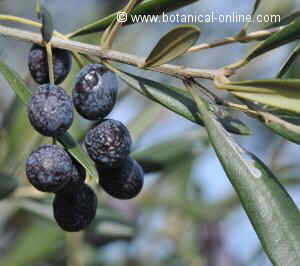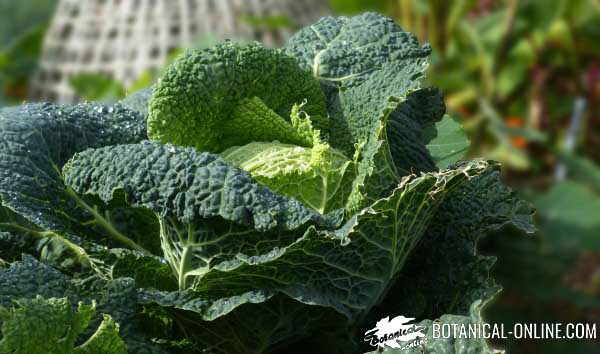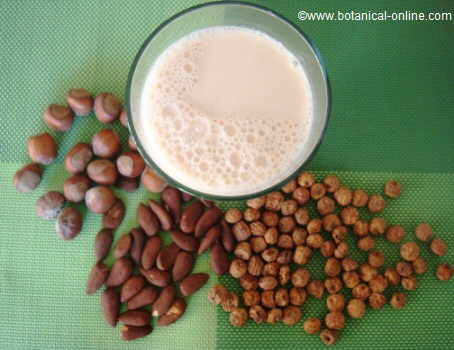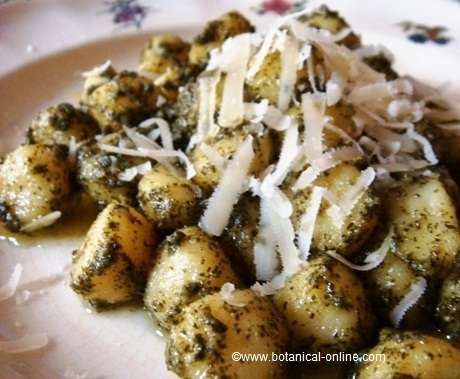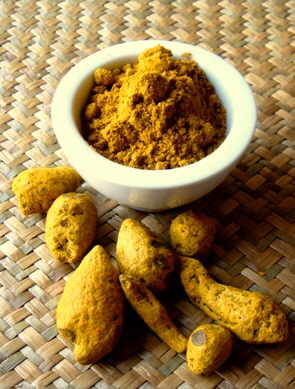Contents
What does the olive oil contain?
Olive oil is extracted from the fruits of the olive tree, that are called olives. An olive is a drupe. Oil is extracted from the its fleshy part (mesocarp) |
The average oil that we can obtain from an olive can reach levels of 30% of this food
Olive oils is mainly composed of triglycerides, fatty acids. and phospholipids. The latter being an unsaponifiable fraction that constitutes the 98% of this oil.
Olive oil is a very healthy oil
Raw virgin olive oil is the only one containing a certain amount of iron. At a lesser extent, if not refined, it also contains some minor amounts of substances such as carotenoids, chlorophyll, polyphenols, and sterols.
What are the health benefits of olive oil?
Some of the benefits attributed to olive oil intake are:
– It makes food where it has been added more palatable. That’s to say, it increases smoothness, flavor and aroma, making food more appealing
– It improves the absorption of some micronutrients, such as fat-soluble vitamins (vitamin A, vitamin D, vitamin E and vitamin K) and minerals like calcium, magnesium, zinc and phosphorus, promoting bone formation and strength, for example, in growth stage. It also takes care of proper bones maintenance, preventing osteoporosis, especially during menopause, where the requirements are higher,
– Olive oil helps the body balance its pH in two ways. First, having a basifying effect due to calcium and magnesium which oil olives helps to absorb, and, secondly, being beneficial at the level of hydrochloric acid in the stomach, preventing excessive acidity and the possibility of occurrence of heartburn or ulcers.
– Olive oil improves the absorption of many nutrients because its intake involves the transit of food from the stomach into the intestines, slowing it down and giving time and choice to absorb them better.
But once in the intestines, by means of stimulating the secretion of bile from the gallbladder, two situations occur: It improves digestion, preventing indigestion, and increases the speed the feces are expelled out from the body, since it acts as a lubricant, preventing constipation.
In addition to their protective and regenerative properties for the mucous membranes, it helps maintain a proper state of the walls around the gastric and intestinal tract, which obviously, significantly increases the absorption of nutrients.
– Olive oil interferes and can help regulate blood glucose, which, in people with diabetes, can be beneficial and helpful to keep a good balance.
– Olive oil helps regulate blood pressure and can avoid it to increase excessively, which can cause hypertension, leading to many consequences.
– Olive oil helps lower cholesterol. Because of its monounsaturated fat content, olive oil is recognized not only to lower unwanted levels of cholesterol LDL, which is harmful in excess, but also because of its content of sterols, Sterols increase HDL cholesterol levels, that’s to say, ” good cholesterol”, thus minimizing the chances of cardiovascular diseases such as atherosclerosis.
In order of highest to lowest content of phytosterols, we find corn germ oil, sesame oil, wheat germ oil, safflower oil, cotton oil, soybean oil, olive oil, peanut oil and sunflower oil.
– Olive oil has antioxidant properties. It is considered a source of antioxidants because it contains Vitamin E and polyphenols. Vitamin E, as tocopherol, and polyphenols, as tyrosol, act as preventive factors against the oxidation of cells and tissues of our body. They prevent or delay aging process or the degeneration process caused by a premature oxidation because of free radicals.
In order of highest to lowest content of vitamin E, we find the following vegetable oils: wheat germ oil, sunflower oil, safflower oil, cotton oil, corn germ oil, soybean oil, peanut oil, olive oil and sesame oil.
– Olive oil for weight loss?Olive oil is a fat that has the same calories as other vegetable fats (9 kcal / g) so it should not be considered as a suitable food for weight loss.
However, olive oil is much healthier than other animal fats and, in certain types of preparations, the nature of their fatty acids can help people lose weight.
External applications of olive oil
Some of the benefits that are attributed to external use of olive oil are:
– Olive oil is good for external skin, hair and nails care . Olive oil, used externally has a number of beneficial properties for skin and hair.
– Olive oil is great for making soap and other cosmetics. With olive oil soap has been made for many years. This product is appreciated and considered of high quality.
– Olive oil is great for industrial or artisan uses. Today we find olive oil not only in the form of soap, but either in industrial or artisan products
Olive oil has experienced an expansion in the market today. We can find many products made from virgin olive oil, creams, massage oils, skin stretch mark oils, cuticles and nails oils, hair masks, cleaning remover products, lubricants, unplugging ears, balms and jellies.
* Related information: Why is olive oil good for your health?
![]() More information on olive oil
More information on olive oil

